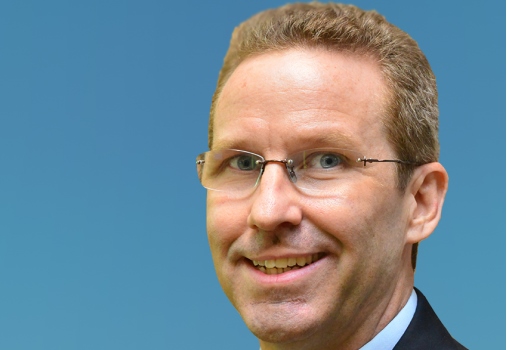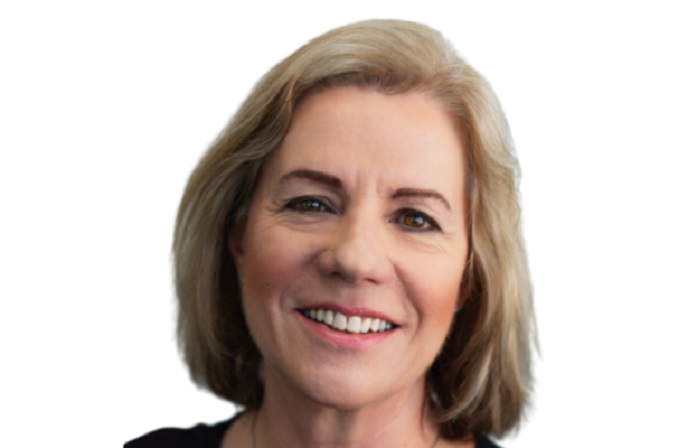
FST Media: What are your priorities for the next 6 months?
Weiland: In Citi’s Global Consumer Banking division, we are focused on making our business compatible with a Mobile First future. In our ‘always on’ world where customers seek comprehensive and intuitive banking solutions, mobile will continue to be a critical enabler. To that end, delivering key customer journeys through mobile with speed, agility, and efficiency is a top priority for us.
FST Media: What technology or innovation is proving to be the single biggest game changer across the finance industry?
Weiland: Responsive web design combined with APIs. The ability to create channel and device agnostic software increases utility and convenience for customers while driving efficiency within the organisation. Getting the design aligned with the right set of customer journeys is critical to success.
FST Media: What are the most significant challenges for banks brought by digital disruption?
Weiland: Speed of disruptive innovation and increased competition are common responses here, but an equal challenge would be failure to see the opportunities from these new capabilities.
As leaders, we must instill a culture of innovation and encourage transformations by setting measurable expectations that place importance on both the “what” and “how” of delivery.
It is also crucial to celebrate successes and the learnings from failures. This journey will be an iterative one, so it is fine to not have all of the answers. However, failure to get started on the innovation journey is not an option.
FST Media: How are you leveraging big data and analytics to meet industry demand for personalised products?
Weiland: This must begin with the customer, and it is all about being able to leverage our data in combination with external data to find ways to enhance the customer experience. Big data and analytics offer new opportunities for us to collate and interpret vast quantities of data which we can harness and translate into meaningful insights on customer buying behaviour and preferences. This enables us to better understand what our customers want and need.
In addition, this helps to drive increased engagement with our customers as a result of our ability to make smarter predictions about their needs and behaviors, and respond quickly to their expectations.
FST Media: How can banks and non-traditional financial services work towards innovation in the finance sector?
Weiland: Through collaboration, which will achieve meaningful outcomes and a win-win situation for both parties. Each has strengths that complement the other, and with an openness towards collaboration and sharing, banks and non-traditional financial services can offer greater value for customers that neither would have been able to accomplish on their own.
FST Media: What specific insights does Citi bring to the Asia Pacific banking and financial management sectors?
Weiland: As one of the largest financial services providers in the world with a global network of more than 160 countries and jurisdictions, we bring to the industry and our customers our extensive network, depth and breadth of expertise, and knowledge of local markets worldwide. All these give us the ability to encourage the development of the financial sectors in the markets in which we operate while sharing with our customers insights that help them make informed decisions.
FST Media: What is next big thing for Citi and how will you measure its success?
Weiland: We see mobile as a critical aspect of banks’ offerings in future. Success will be measured by what our customers tell us every day through their interactions related to adoption, ease of use, and what’s next. Used well, technology will continue to make banking easier, faster and more secure for customers.
The methodologies, enabling technologies, and skills required will evolve, and this is no different for banking or any professional industry (think of the skills that are required of a doctor over time).
FST Media: How do you encourage a culture of innovation in your team?
Weiland: Firstly, leaders should walk the talk. Our leaders are acutely aware that in order to instill a culture of innovation, they have to align certain organisational attributes toward innovation and develop their leadership and thinking along the same line.
Secondly, our leaders have to advocate and empower employees to push the boundaries and create an environment whereby employees celebrate fact-based learnings of early trials, and even failures, and encourage them to do what they thought was not possible.
Thirdly, it’s important to set measurable stretch goals for performance and provide incremental opportunities for employees to motivate them on this journey towards an innovation mindset.
FST Media: Where do you look for emerging technology trends?
Weiland: It is important to stay abreast of market developments by following other top global innovators and understanding where they are placing their next bets. It is also imperative for us to maintain a good network across different industries to gain knowledge not just in the area of technology but across a diverse range of topics. These sources provide insights and inspiration on technology innovations that are essential for us to advance our business.
FST Media: What career would you be in if you worked outside the finance industry?
Weiland: It would have to be Healthcare Technology for two simple reasons – first, nothing is more valuable than the ability to sustain or extend precious life, and second, who wouldn’t want reduced error rates given the stakes?





